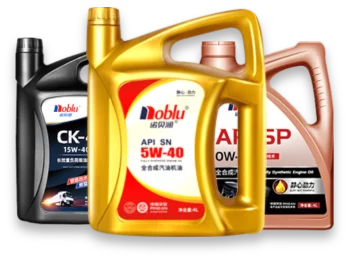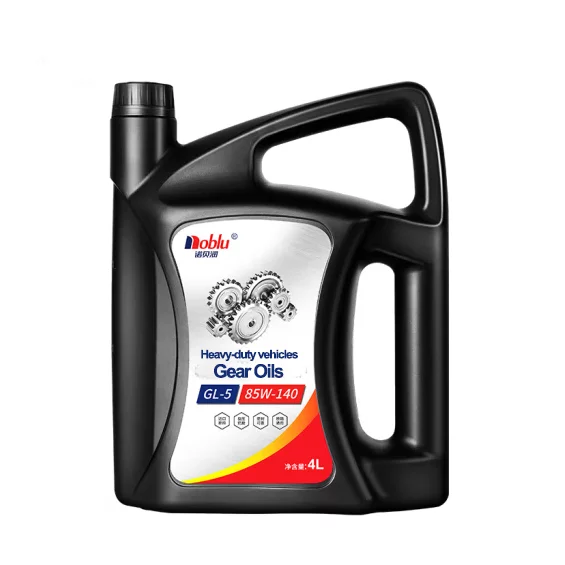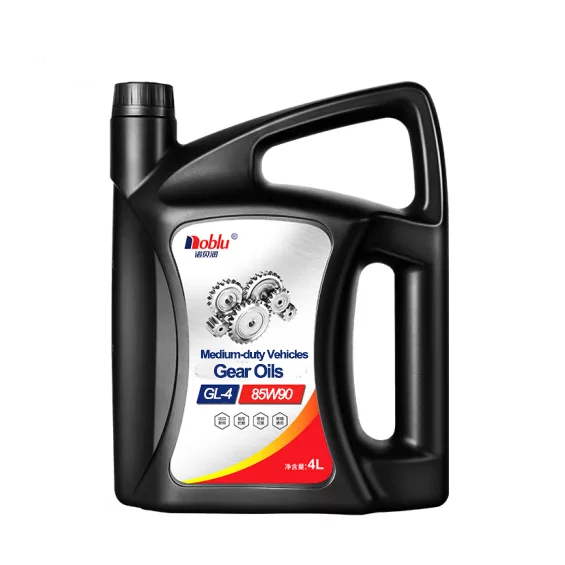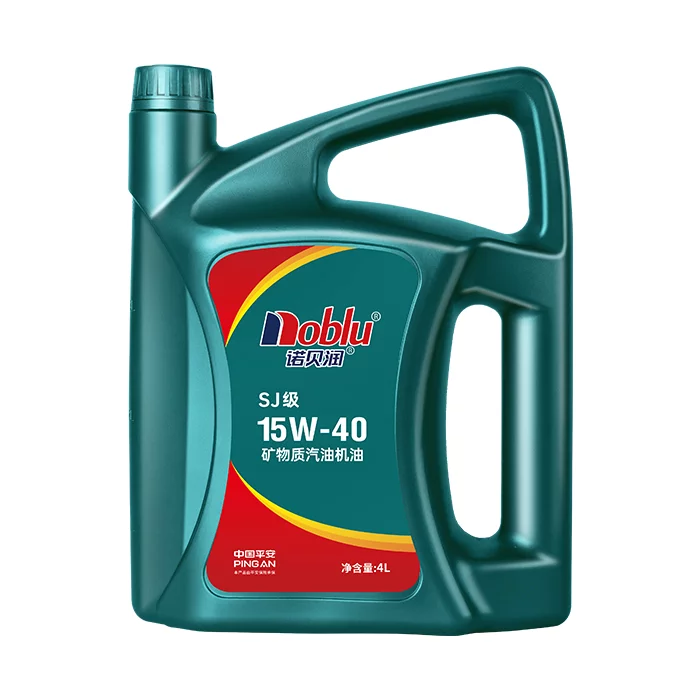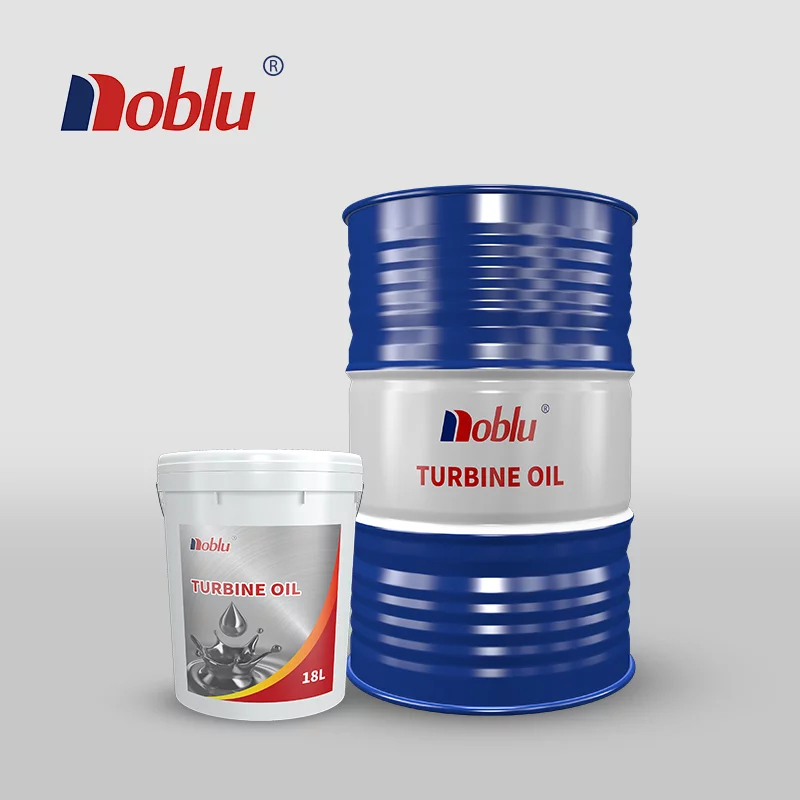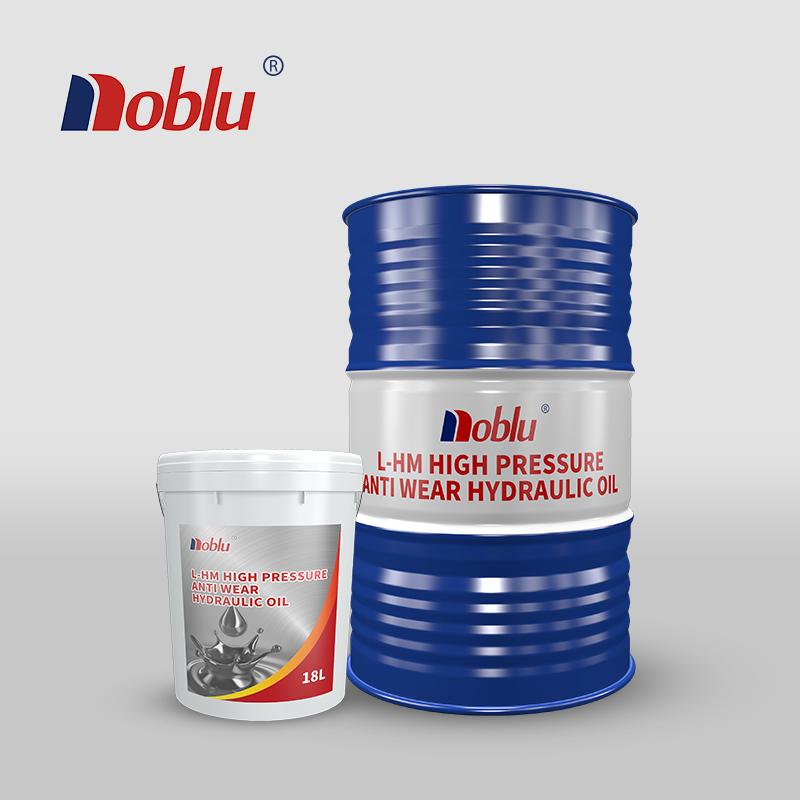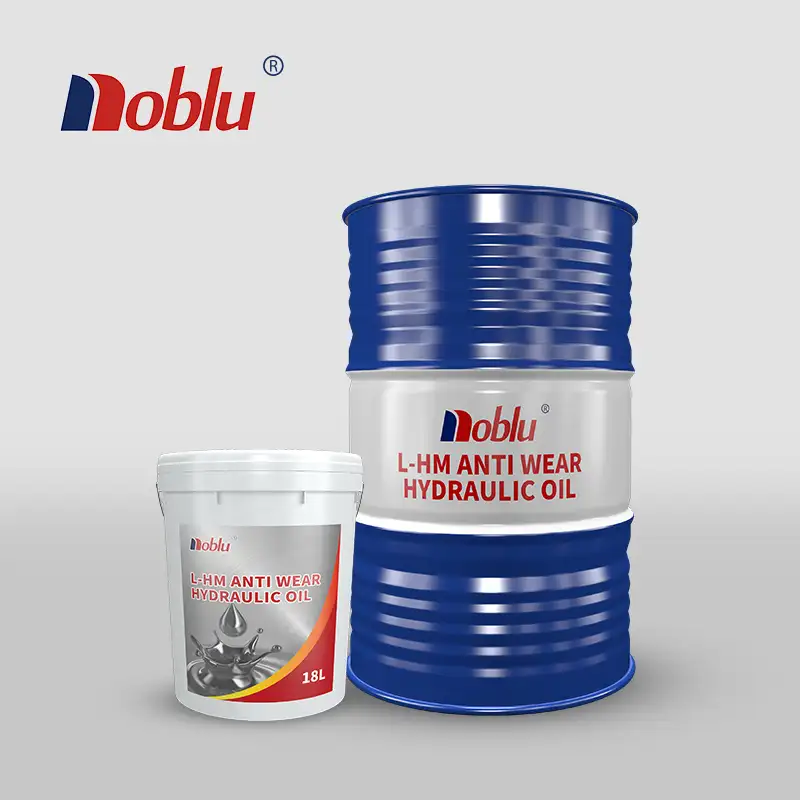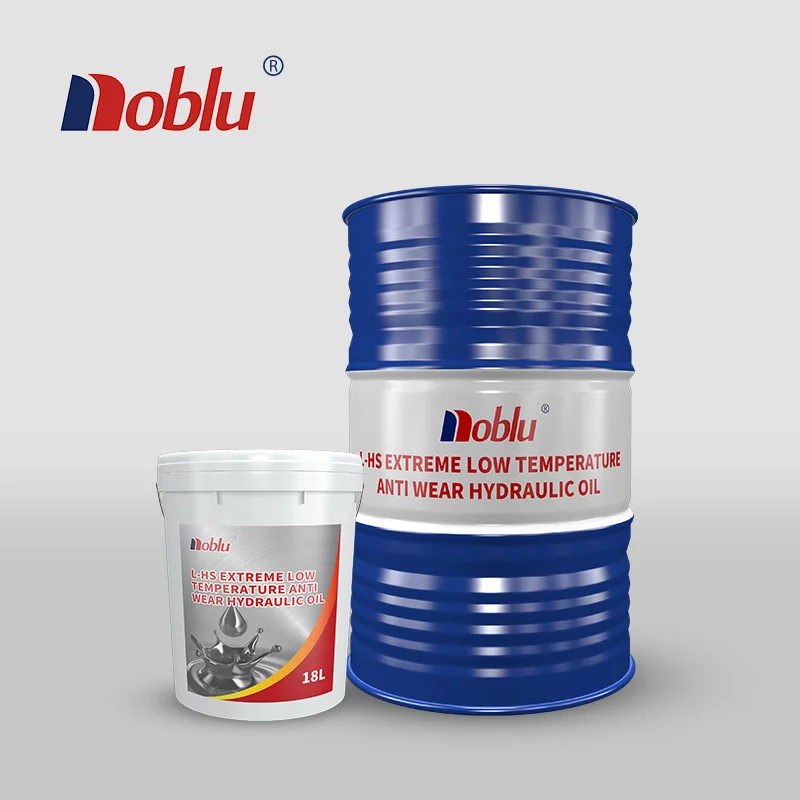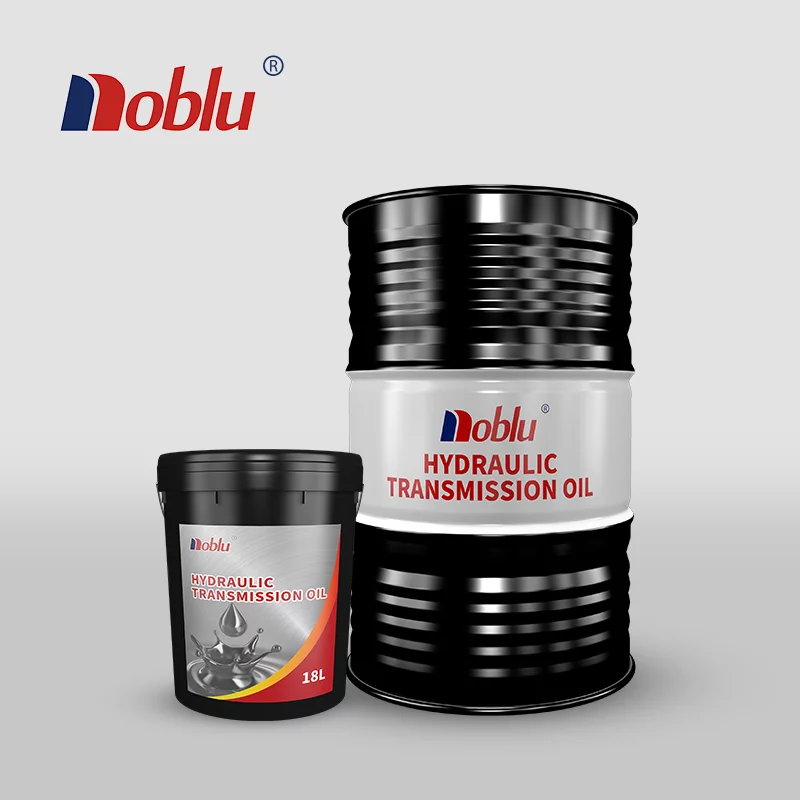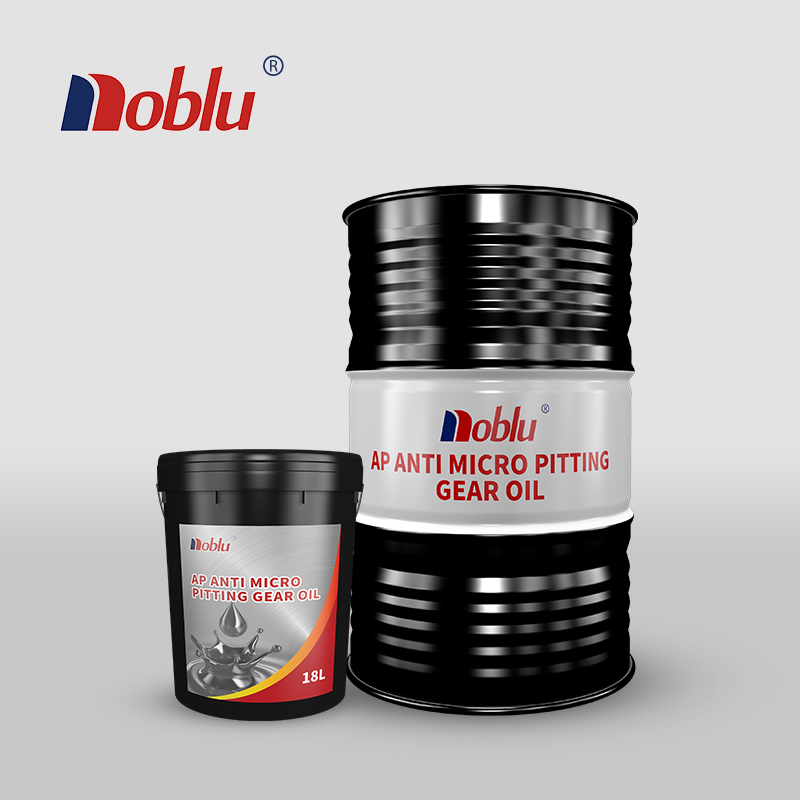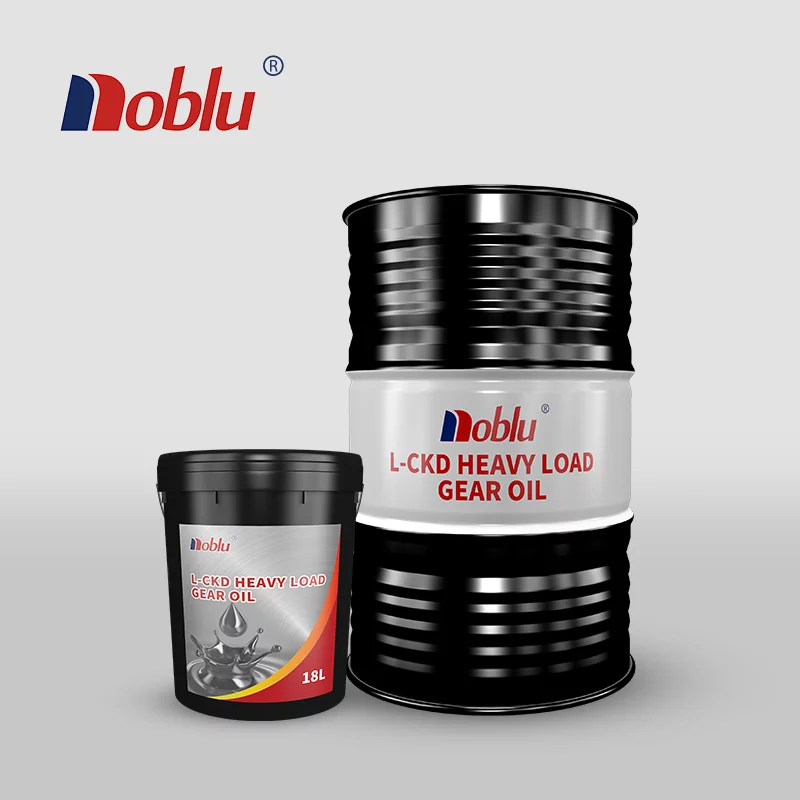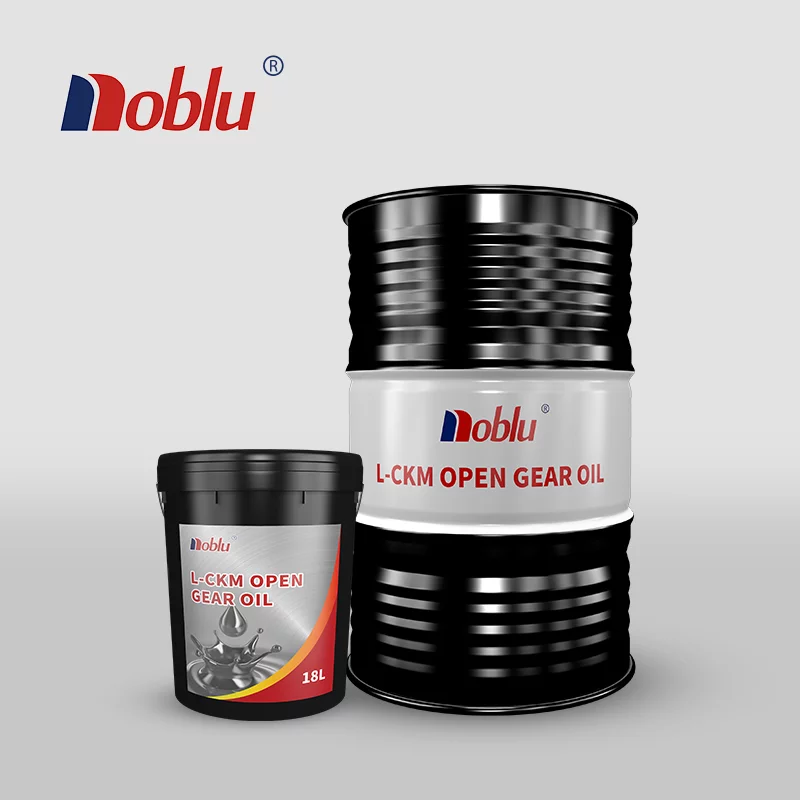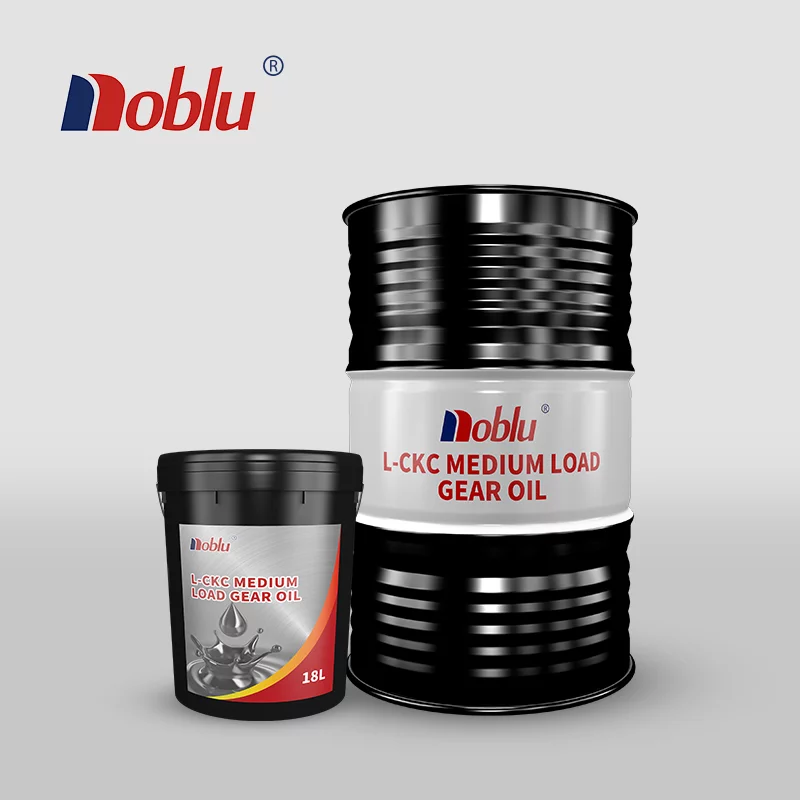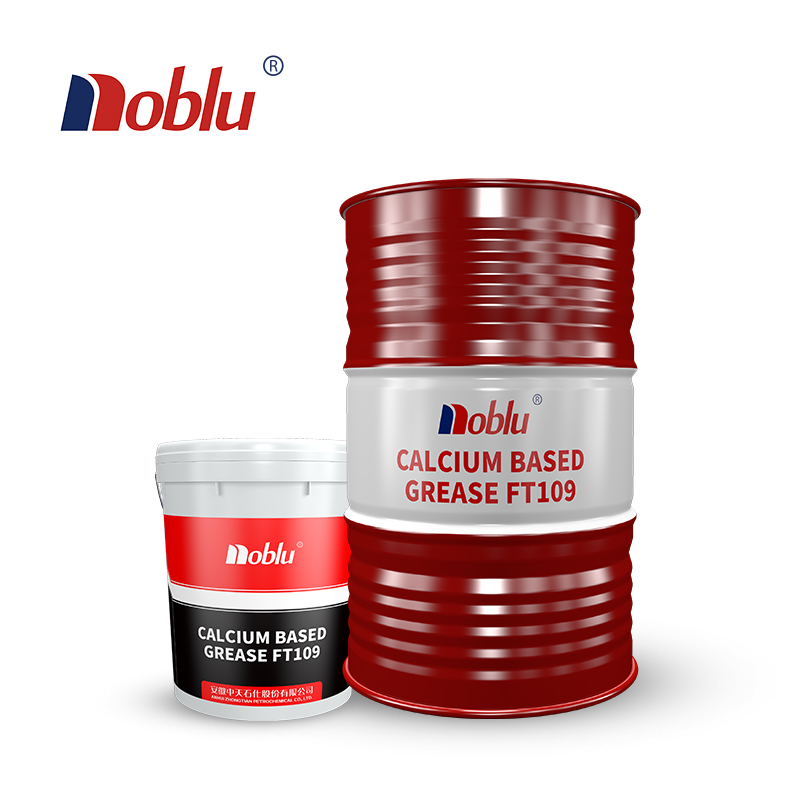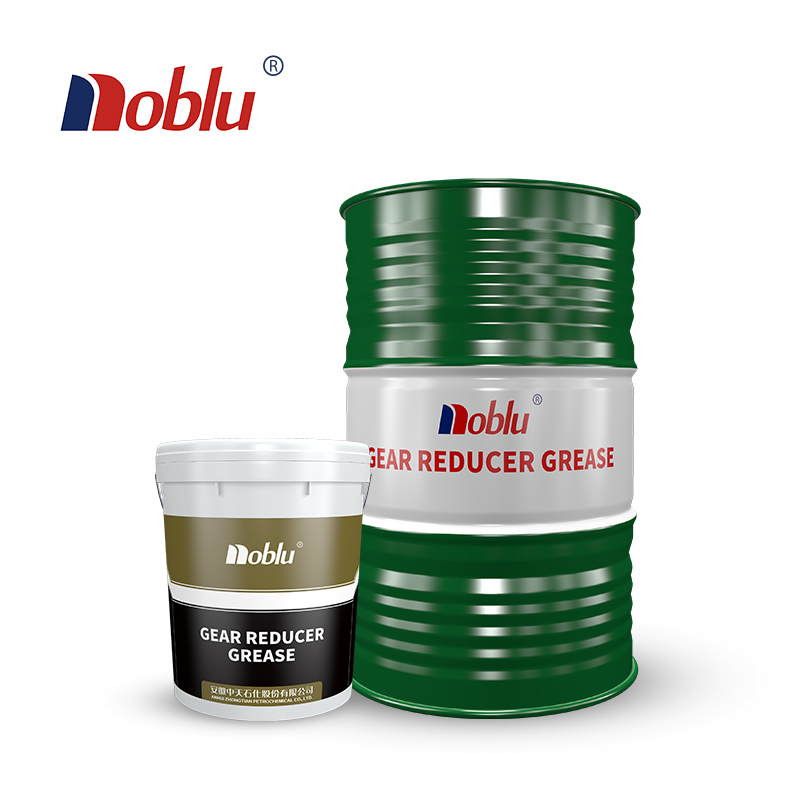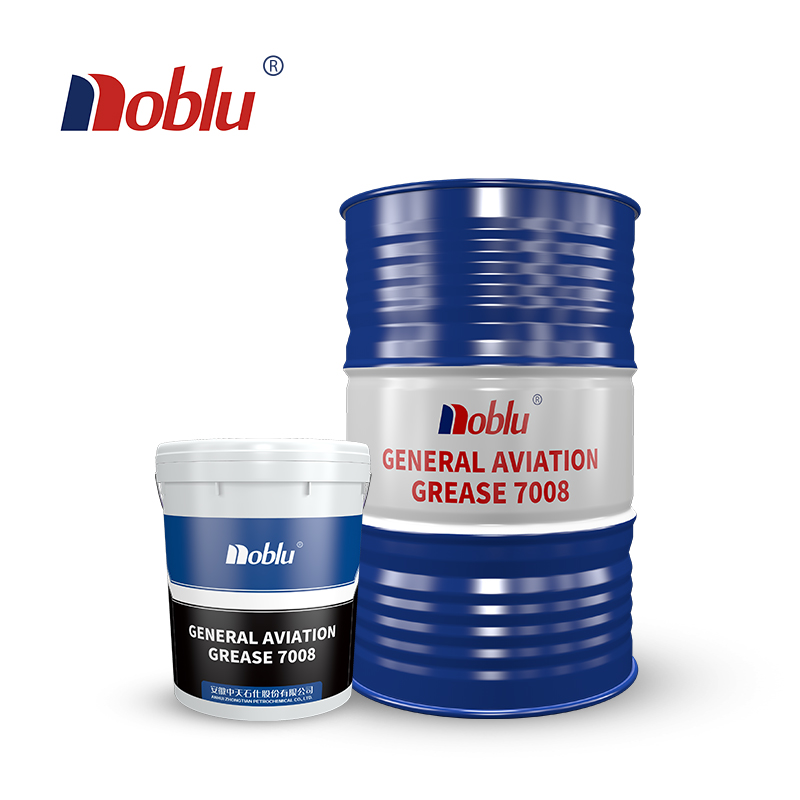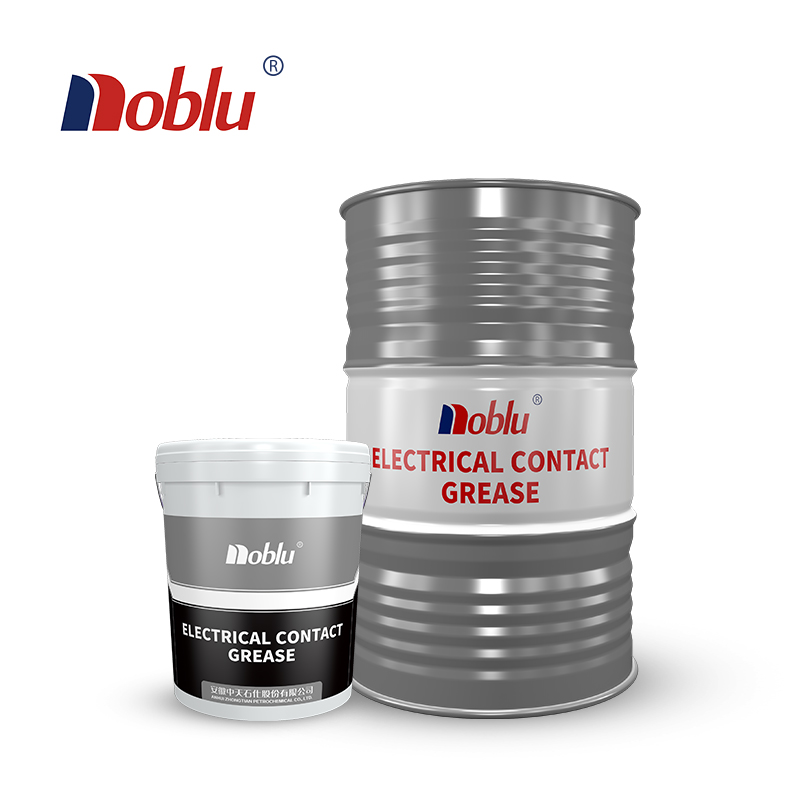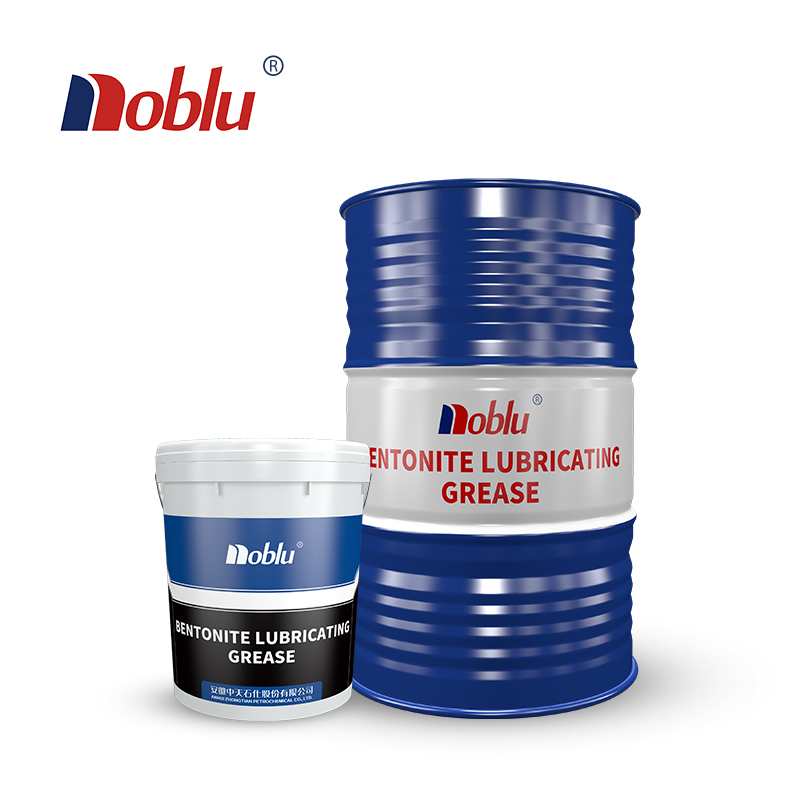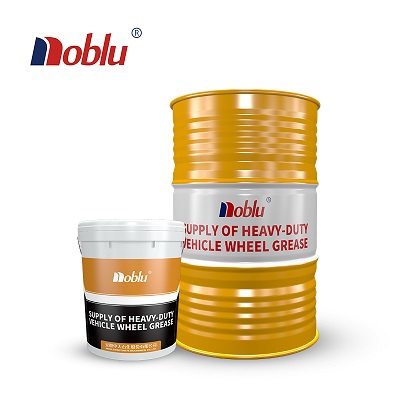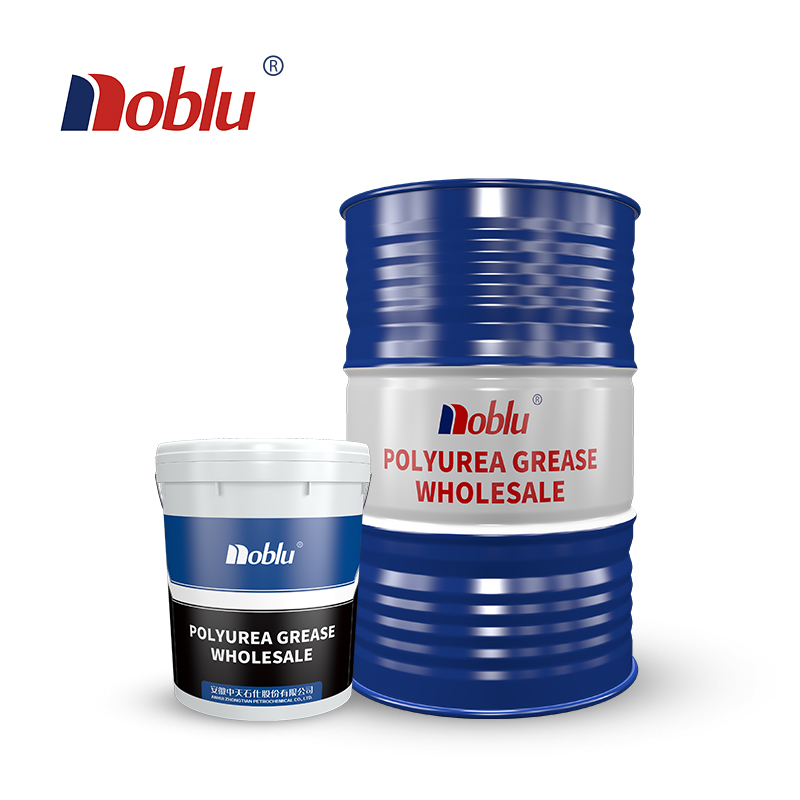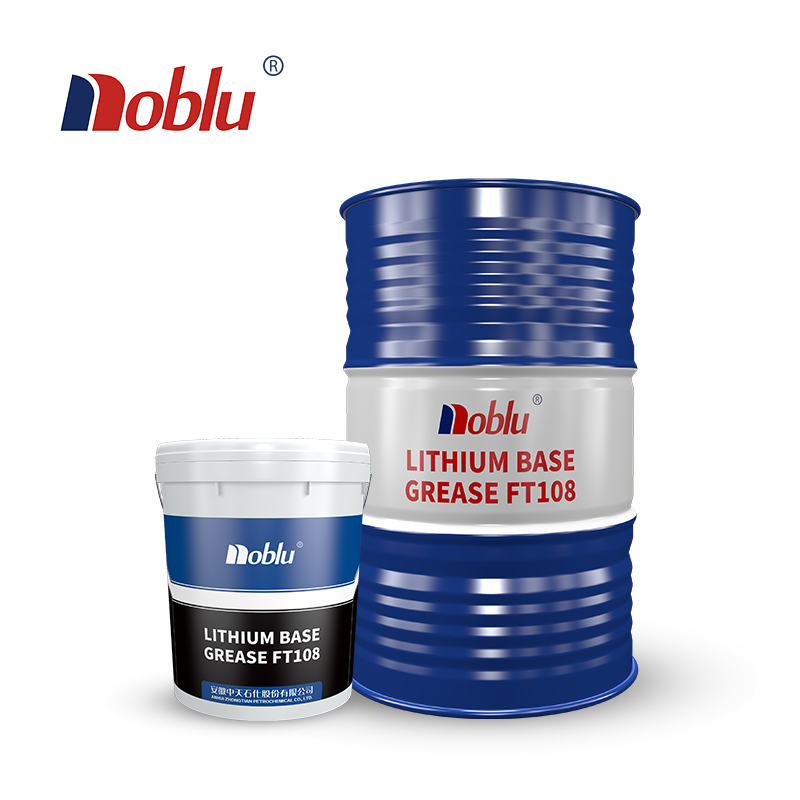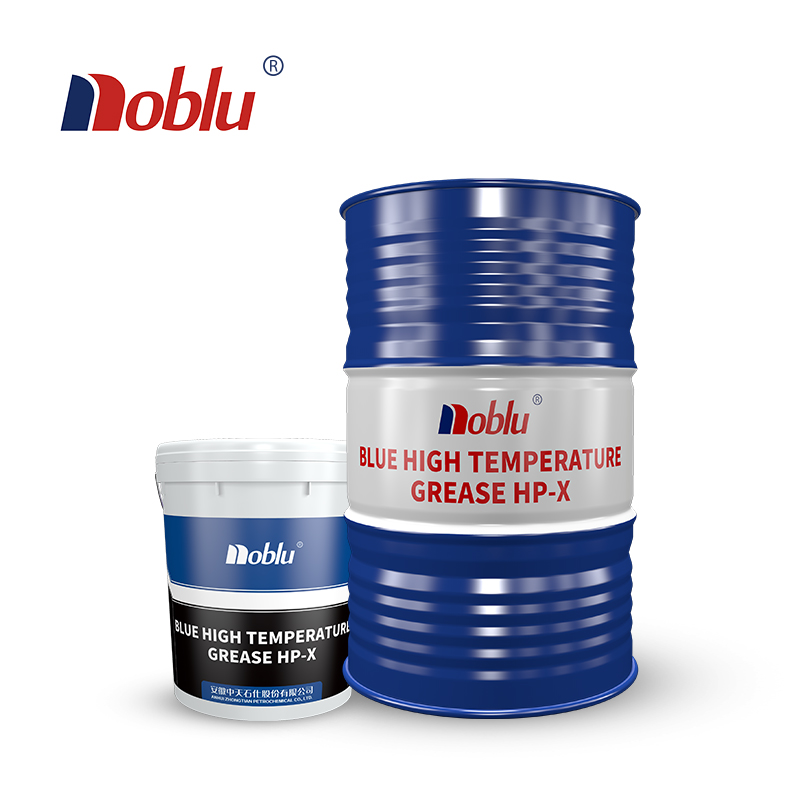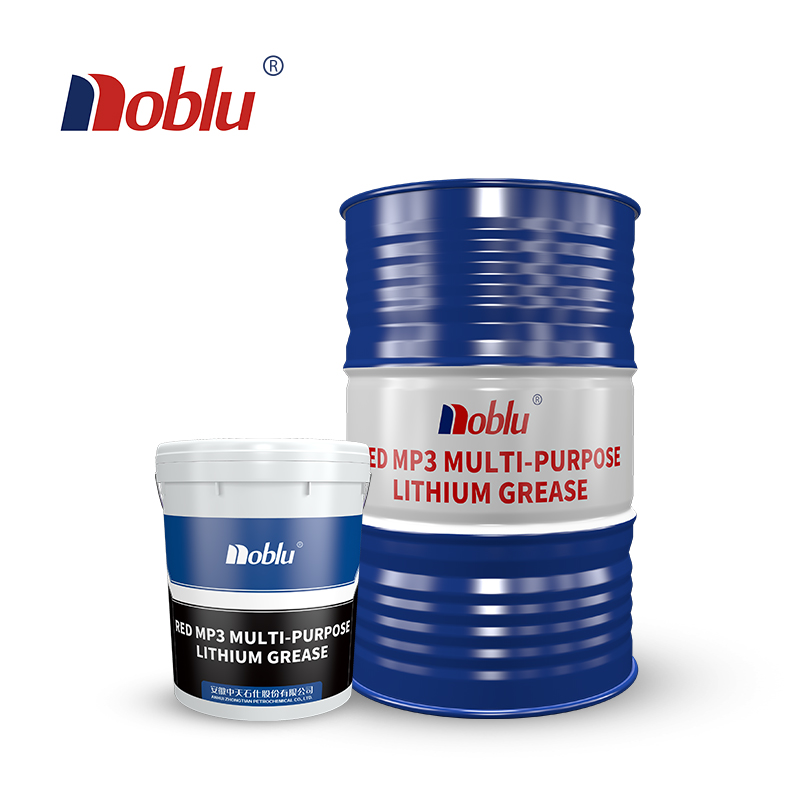Bentonite grease is a specialty lubricant made of base oil, bentonite clay thickener, and performance additives. Its unique layered structure delivers stable lubrication under tough conditions. From water resistance to high load protection, bentonite grease keeps machinery running smoothly. This guide covers its composition, key features, applications, and selection tips—backed by data and real-world specs.
Composition and Structure
Bentonite grease blends three core ingredients:
- Base Oil
The liquid lubricant that reduces friction. Choices range from mineral oils to synthetics, which affect fluidity and temperature response - Bentonite Clay
An inorganic, non-soap thickener with a layered structure. It absorbs water and forms a stable colloid, keeping the grease from separating - Additives
Tailored for needs, these include antioxidants, rust inhibitors, and extreme-pressure agents. They boost oxidation stability, corrosion protection, and load-bearing capacity
Key Performance Features
Excellent Water Resistance
Bentonite grease resists washout. It holds its film even in humid or wet environments, making it ideal for marine and outdoor equipment
Superior Colloidal Stability
The clay’s layered structure prevents oil separation. The grease retains consistency under vibration and shear
High Extreme-Pressure (EP) and Anti-Wear Properties
Fortified with EP additives, it protects bearings and gears under heavy loads and shock conditions
Wide Temperature Range
Operates from –20 °C to +160 °C without melting or softening. Some formulations tolerate up to +200 °C
Thermal and Oxidation Stability
Withstands high heat without breaking down. This extends service intervals and cuts downtime.
Technical Specifications
| Parameter | Typical Value | Test Method |
|---|---|---|
| NLGI Grade | 2 | ASTM D217 |
| Thickener Type | Bentonite Clay | — |
| Base Oil Viscosity (@40 °C) | 100–400 cSt | ASTM D445 |
| Dropping Point | Non-melting | ASTM D2265 |
| Operating Temp. Range | –20 °C to +160 °C (up to +200 °C) | — |
| Water Washout (79 °C, 1 hr, %) | ≤5 | ASTM D1264 |
| Oil Separation (100 °C, 24 hr) | ≤5 | ASTM D1742 |
| Four-Ball EP Load (kgf) | 400 | ASTM D2596 |
| Corrosion Protection | Pass | ASTM D1743 |
Industrial Applications
Bentonite grease serves critical roles across sectors:
- Automotive: Wheel hub bearings, chassis joints.
- Steel & Metallurgy: Rolling mills, continuous casting machines.
- Shipbuilding: Propeller shafts, stern tube bearings.
- Construction & Mining: Excavator pins, crusher bearings, conveyor rollers.
- Agriculture: Tractor and harvester joints exposed to dust and moisture.
Selection and Usage Tips
- Match Operating Conditions
Consider load, speed, and temperature. Heavy loads and shocks call for high EP ratings. - Check Compatibility
Avoid mixing with soap-based greases. Stick to one type to prevent structure breakdown. - Regular Inspection
Monitor grease condition. Replace when you see oxidation, contamination, or viscosity changes. - Follow OEM Guidelines
Use the grease specified by equipment makers. This ensures warranty and performance.
Performance Comparison
| Feature | Bentonite Grease | Lithium Complex Grease | Calcium Sulfonate Grease |
|---|---|---|---|
| EP Load Capacity | High (400 kgf) | Medium (350 kgf) | Very High (450 kgf) |
| Water Resistance | Excellent | Good | Excellent |
| Temperature Range | –20 °C to +160 °C | –20 °C to +150 °C | –30 °C to +150 °C |
| Oxidation Stability | Very Good | Good | Excellent |
| Colloidal Stability | Excellent | Good | Very Good |
Bentonite grease is a robust, versatile lubricant. Its water resistance, thermal stability, and EP performance make it a top choice for heavy-duty and high-temperature applications. By partnering with a trusted supplier like Zhongtian Petrochemical, you ensure consistent quality and tailored solutions for your equipment needs.

